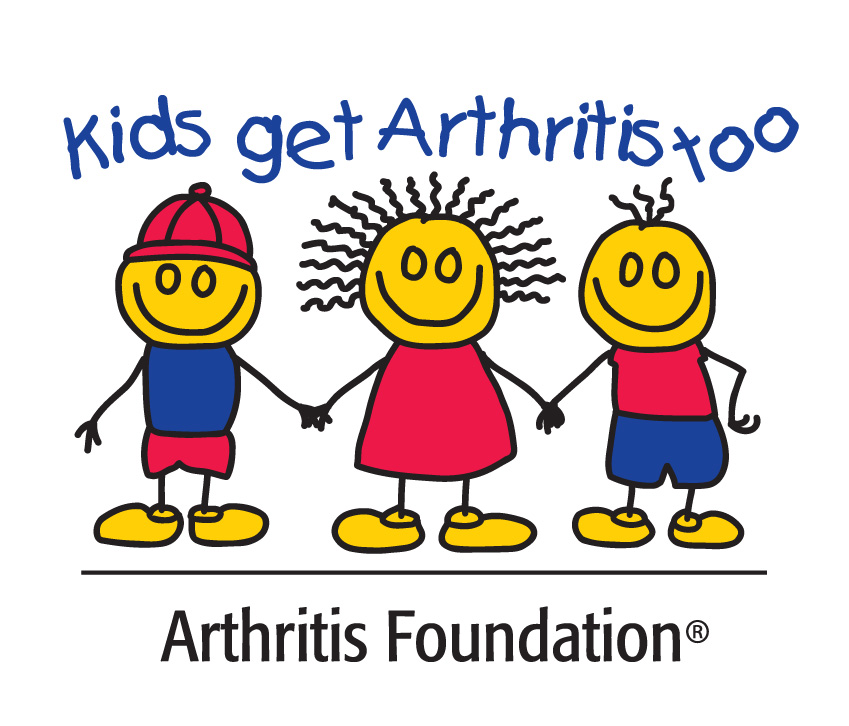July is Juvenile Arthritis Awareness Month
 Yes, kids get arthritis too. It is a common misconception that only older people get arthritis. Nearly 300,000 kids in America have been diagnosed with Juvenile Arthritis.
Yes, kids get arthritis too. It is a common misconception that only older people get arthritis. Nearly 300,000 kids in America have been diagnosed with Juvenile Arthritis.
The form of arthritis that these kids experience is not the same as grandma’s aches and pains. These children suffer from various autoimmune forms of arthritis. Their body’s immune system is attacking their joints, causing swelling, stiffness and permanent damage. This condition is extremely serious; if left untreated it can result in loss of mobility, blindness and even death.
Each year, the Arthritis National Research Foundation provides a grant to this particular form of arthritis research, called The Kelly Award for Juvenile Arthritis Research.
Juvenile idiopathic arthritis (JIA), one form of juvenile arthritis, is actually quite prevalent, affecting more than 50,000 children in the United States alone. JIA is often referred to as juvenile rheumatoid arthritis (JRA) in the United States. Other specific names and forms of juvenile arthritis include: systemic onset JIA or Still’s disease, oligoarticular JIA (affecting fewer than 5 joints), polyarticular JIA (affecting five or more joints), enthesitis-related arthritis and psoriatic arthritis.
When juvenile arthritis first shows its symptoms in a child’s body, many parents write off swollen joints and fever as a flu bug, or think that a sudden rash might have occurred from an allergic reaction. The symptoms might even recede slightly before showing up again, sometimes delaying diagnosis for quite some time. After all, who expects a small child to have arthritis?
Most people don’t know that kids get arthritis. A child’s immune system is not fully formed until about age 18; so an “autoimmune” form of arthritis is especially aggressive in children, compromising their ability to fight normal diseases and leaving them open to complications that may affect their eyes, bone growth, etc.
Juvenile arthritis normally appears in children as young as 6 months and as old as 18 years. Young adults still suffer the pain of the juvenile forms of arthritis. Joint pain, reddened joints and swelling that simply refuses to dissipate are the key symptoms. Rheumatologists are finding that the number of joints affected has a parallel connection to the severity of the disease and the likelihood of achieving total remission.
Learn more about Juvenile Arthritis and spread awareness!
Source: Cure Arthritis
Maria Perez, Health Science Pre-Med
Student Blogger
College of Health Science